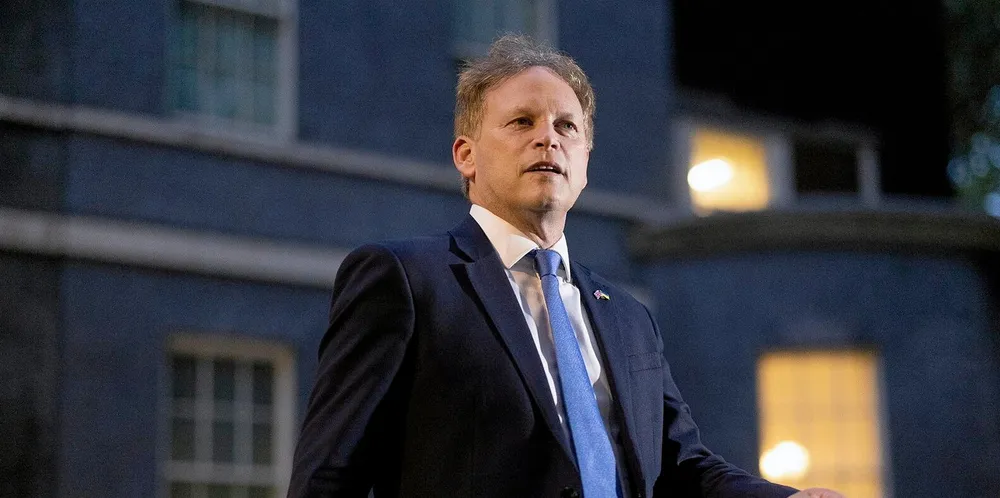UK plans to 'halve' rollout time for green energy power lines
The announcement comes amid the largest upgrade of the UK grid in generations, as the country looks to link up wind and solar farms with homes

The announcement comes amid the largest upgrade of the UK grid in generations, as the country looks to link up wind and solar farms with homes
